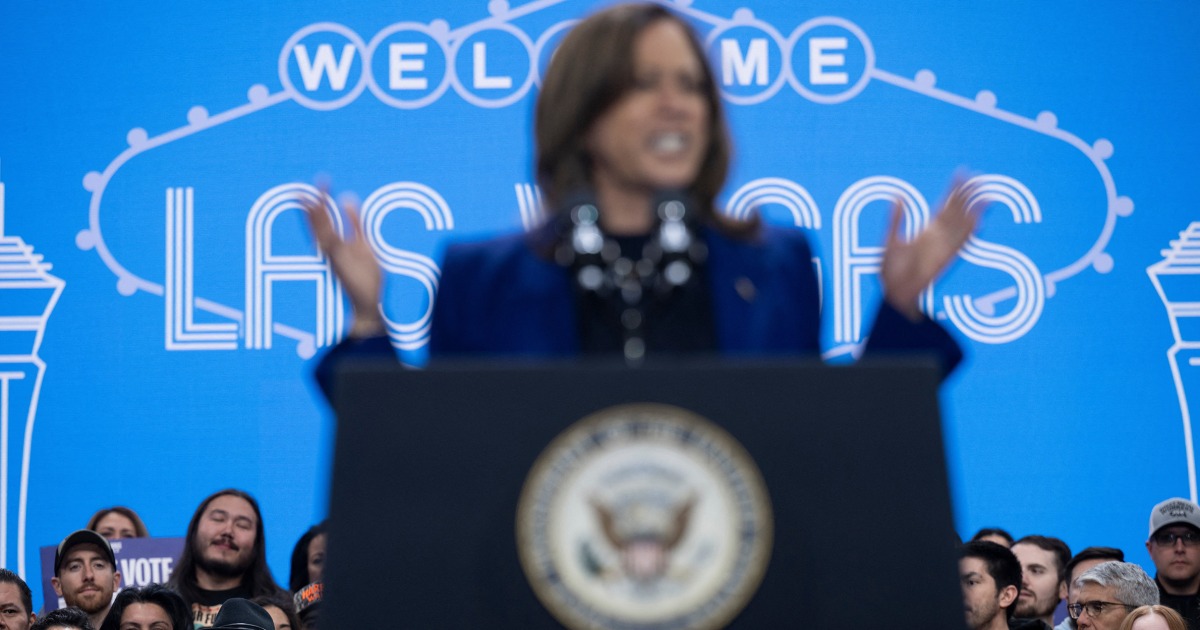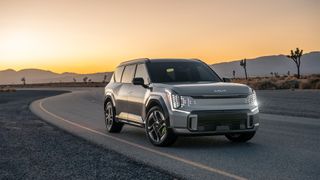
OMAHA, Neb. — Warren Buffett is now sitting on more than $325 billion cash after continuing to unload billions of dollars worth of Apple and Bank of America shares this year and continuing to collect a steady stream of profits from all of Berkshire Hathaway's assorted businesses without finding any major acquisitions. Berkshire said it sold off about 100 million more Apple shares in the third quarter after halving its massive investment in the iPhone maker last quarter.
The remaining stake of roughly 300 million shares was valued at $69.9 billion at the end of September remains Berkshire's biggest single investment, but it has been cut drastically since the end of last year when it was worth $174.3 billion.
Investors will also be disappointed to learn that Berkshire didn't repurchase any of its own shares in the quarter. CFRA Research analyst Cathy Seifert said shareholders will wonder why Buffett is continuing to accumulate so much cash. "Are they more pessimistic about the future economic and market picture than perhaps others are?" she said.
Buffett said at the annual meeting in May that part of why he started selling some of his Apple shares is that he expects tax rates to go higher in the future. But Edward Jones analyst Jim Shanahan said he wonders if part of the reason Buffett started selling Apple is tied to last year's death of vice chairman Charlie Munger because the sales started shortly after Munger's death. Shanahan said Buffett has never been as comfortable with technology businesses as his longtime partner was.
"If Charlie Munger were still alive, perhaps he wouldn't have sold down the position quite as aggressively — maybe at all," Shanahan said. Berkshire said Saturday that investment gains again drove its third quarter profits skyward to $26.25 billion, or $18,272 per Class A share.
A year ago, unrealized paper investment losses dragged the conglomerate's earnings down to a loss of $12.77 billion, or $8,824 per Class A share. Revenue didn't change much at $92.
995 billion. Berkshire owns an assortment of insurance businesses, including Geico, along with BNSF railroad, several major utilities and a varied collection of retail and manufacturing businesses, including brands like Dairy Queen and See's Candy. SAN FRANCISCO — Elon Musk's X has been modified so that accounts you've blocked on the social media platform can still see your public posts.
X updated its Help Center page over the weekend to explain how blocking now works on the site. While you can still block accounts, those accounts will now be able to see your posts unless you have made your account private but they cant reply to them or repost them. Blocked accounts also won't be able to follow you and you won't be able to follow them, as has been the case before the policy change.
In addition, if the owner of an account you blocked visits your profile on X, they will be able to learn that you have blocked them. X indicated that the change was aimed at protecting users who have been blocked. In a post on its Engineering account on the service, X said the blocking feature "can be used by users to share and hide harmful or private information about those they've blocked.
Users will be able to see if such behavior occurs with this update, allowing for greater transparency." But critics say the changes could harm victims and survivors of abuse, for instance. Thomas Ristenpart, professor of computer security at Cornell Tech and co-founder of the Clinic to End Tech Abuse, said it can be critical for the safety of survivors of intimate-partner violence to be able to control who sees their posts.
ABU DHABI, United Arab Emirates — The United Arab Emirates has opened its annual oil-and-gas summit as it plans to increase energy output even as global prices have fallen. The massive Abu Dhabi International Petroleum Exhibition and Conference comes after the UAE just last year hosted the United Nations COP28 climate talks. Those talks ended with a call by nearly 200 countries to move away from planet-warming fossil fuels — the first time the conference made that pledge.
But the UAE as a whole still plans to increase its production of oil to 5 million barrels a day. Meanwhile, UAE officials made a point to dodge any questions about the U.S.
election while maintaining their close ties to Russia despite Moscow's war on Ukraine. DETROIT — U.S.
auto safety regulators have ended an investigation into Ford engine failures after the company replaced engines or extended the warranty on some vehicles. The National Highway Traffic Safety Administration said in documents that it traced the problem to intake valves that can fracture inside some 2.7-liter and 3-liter turbocharged engines.
The probe covered more than 411,000 vehicles from the 2021-22 model years including the F-150 Bronco, Edge and Explorer as well as the Lincoln Aviator and Nautilus. Ford said the problem was limited to valves made during five months in 2021. Earlier this year Ford recalled about 91,000 vehicles.
They'll be tested and get a new engine if needed. The company also extended the warranty on the recalled vehicles to 10 years or 150,000 miles. GENEVA — China has moved forward with a complaint at the World Trade Organization that alleges the European Union has improperly set anti-subsidy tariffs on new Chinese-made electric vehicles.
The Chinese diplomatic mission to the WTO said Nov. 4 that it "strongly opposes" the measures. It insisted its move was designed to protect the EV industry and support a global transition toward greener technologies.
The European bloc announced last week it was imposing import duties of up to 35 percent on EVs from China. NEW ORLEANS — New Orleans' former Six Flags theme park, which shuttered in the wake of Hurricane Katrina, is finally coming down. Demolition is underway at the site of the decaying complex of carnival rides and buildings that became a symbol of the 2005 storm's enduring devastation, The Times-Picayune/New Orleans Advocate reported.
The park opened in 2000 just off Interstate 10 as Jazzland Theme Park, but it went bankrupt in two seasons. Six Flags took over the lease, but then Hurricane Katrina struck, flooding the park and much of the city. The theme park never reopened, and Six Flags eventually went bankrupt.
Control of the property then went to the Industrial Development Board of the City of New Orleans, which negotiated an agreement with the New Orleans Redevelopment Authority that gave NORA title transfer ownership of the site. New plans for the land could include a warehouse and distribution center, an educational facility run by a local nonprofit, a water park, hotel, esports arena and a movie studio..














